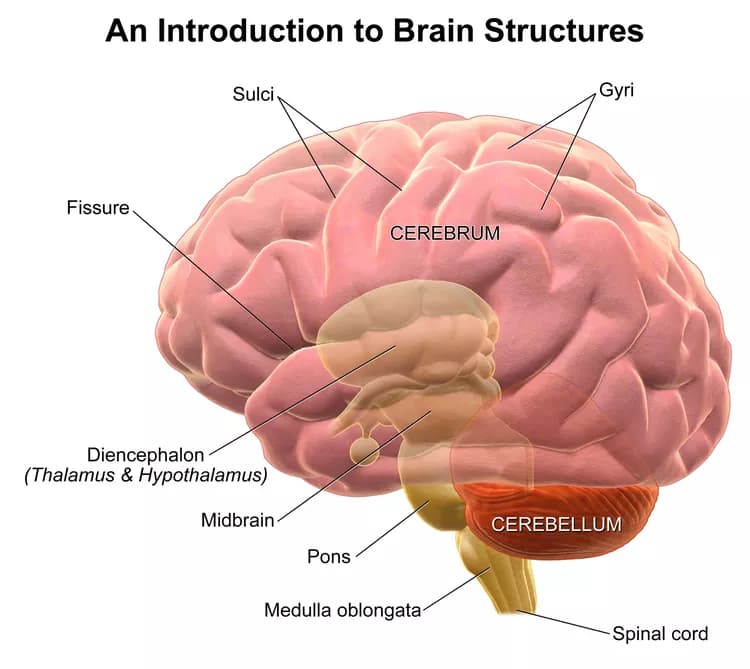
Genre May Impact Cognitive Training Using Video Games
Video games are quickly becoming a hot topic in cognitive training. Many see them as a potential tool to help patients improve their performance and memory, yet little is known about how different types of video games may affect white matter in the brain and cognition. In a new study in Restorative Neurology and Neuroscience investigators analyzed learning on two different types of video games -- action and strategy -- to determine if they were functionally different. They found that cognitive performance and white matter connectivity in the brain predicted how best we can learn to play the two types of games.
Researchers discovered unique results from each type of game. Specifically, they found that processing speed and white matter connectivity in a brain region related to memory were linked to learning to play the strategy game, while learning to play the action game was related to a brain region governing mood. Both genres of game lead to better performance on tasks having to do with working memory. They also found that improved performance on a speed task was unique to subjects playing the strategy game.
"When researchers use video games as a tool for cognitive enhancement, they assume that game performance relies on specific cognitive/brain function, yet there is a little evidence that establishes such a connection," explained lead investigator Chandramallika Basak, PhD, Assistant Professor at The Center for Vital Longevity, University of Texas at Dallas. "Moreover, different researchers use different genres of video games, which makes this game-cognition-brain relationship even more complicated. Therefore, the aim of our study was not only to evaluate the three-way game-cognition-brain relationship, but also to assess this relationship for two different types of games."
Adults of varying ages were recruited for the study, but all had little to no previous game playing experience. Subjects underwent an MRI scan and then were asked to play two different games, one action game (Tank Attack 3D) and one strategy game (Sushi-Go-Round). To measure white matter integrity, researchers used fractional anisotropy (FA), obtained by diffusion tensor imaging (DTI).
Working memory and inhibition predicted learning of both games, but better performance on the perceptual speed task was related only to the strategy game. The DTI results revealed key differences between the two genres of game: white matter FA in the right fornix/stria terminalis correlated with the action game learning and white matter FA in the left cingulum/hippocampus was related to the strategy game learning, even after controlling for age in both cases.
"Although cognition, to a large extent, was a common predictor of both types of game learning, regional white matter FA could separately predict action and strategy game learning," said Dr. Basak. "Given the neural and cognitive correlates of strategy game learning, strategy games may provide a more beneficial training tool for adults suffering from memory-related disorders or declines in processing speed."
While researchers found that playing strategy games better engaged memory and cognitive control brain regions, making them better suited for improving memory tasks, they hypothesize that action games that stimulate the limbic area and elicit more emotional arousal might be beneficial for other clinical populations like patients with mood disorders.
Video games will continue to be the subject of scrutiny, both scientifically and societally, but investigators hope that this study opens the door to thinking about the nuances of different types of games. "Not all games are created equal, yet people generalize results from one video game to other video games," concluded Dr. Basak. "Such oversimplification has serious consequences on research on video game training. I believe that we need to investigate the specific brain-cognition associations for different genres of video games before theorizing about the potential impact of a training on a particular genre of video game."
Materials provided by IOS Press. Note: Content may be edited for style and length.
Disclaimer: DoveMed is not responsible for the accuracy of the adapted version of news releases posted to DoveMed by contributing universities and institutions.
References:
Nicholas R. Ray, Margaret A. O’Connell, Kaoru Nashiro, Evan T. Smith, Shuo Qin, Chandramallika Basak. (2017). Evaluating the relationship between white matter integrity, cognition, and varieties of video game learning. Restorative Neurology and Neuroscience. DOI: 10.3233/RNN-160716
Related Articles
Test Your Knowledge
Asked by users
Related Centers
Related Specialties
Related Physicians
Related Procedures
Related Resources
Join DoveHubs
and connect with fellow professionals

0 Comments
Please log in to post a comment.